AO Edited
Albany Rural Cemetery
The final resting place of President Chester A. Arthur and hundreds of others from Revolutionary War soldiers to poets, politicians, and painters.
Incorporated in 1841 and consecrated in 1844, the Albany Rural Cemetery was founded as a response to the deteriorating condition of old city burying grounds.
The grounds of the new Cemetery were laid out by Major David Bates Douglass, the landscape engineer who had previously designed Green-Wood Cemetery in Brooklyn. Miles of carriage roads and paths wound through hills, glades, woods, and ravines giving visitors a chance to admire the scenery and potential plots to purchase.
The first burials took place in May 1845 with the reinterment of Isabella Strain, Rebecca Strain, and David Strain. In 1868, 14,000 graves were transferred from the old State Street Burying Grounds to the Rural Cemetery in order to create Washington Park. There are now over 135,000 documented interments at A.R.C.
The cemetery quickly became a destination not only for lot owners and mourners, but for the general public seeking an idyllic place to stroll amid the scenic acres and exceptional monuments by noted carvers, sculptors, and architects.
Among the notable figures buried here are Lydia Mott (abolitionist and influential women’s rights advocate), Jack Gwillim (Poseidon in Clash of The Titans), Margaret Schuyler Van Rensselaer (the “and Peggy” of Hamilton fame), Erastus Dow Palmer (prominent 19th-century sculptor, over a thousand Civil War soldiers, and Chester A. Arthur (21st President of the United States).
Know Before You Go
The Cemetery grounds are open to the public from 7:30 am to dusk. Maps and visitor information are available on the Cemetery website and at the office (Monday thru Friday 8:30 am – 4:30 pm, 8:30 am to 12 pm on Saturday). Tours and other events are offered.






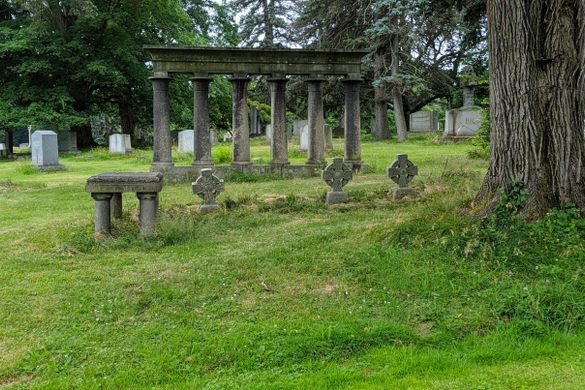
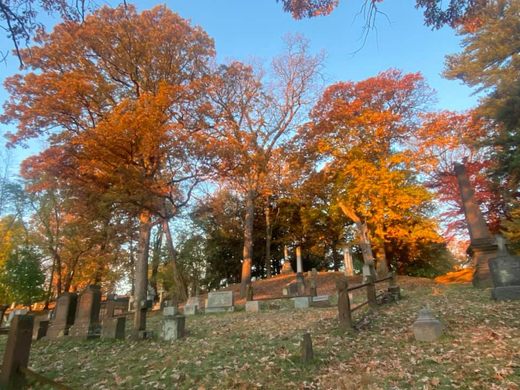
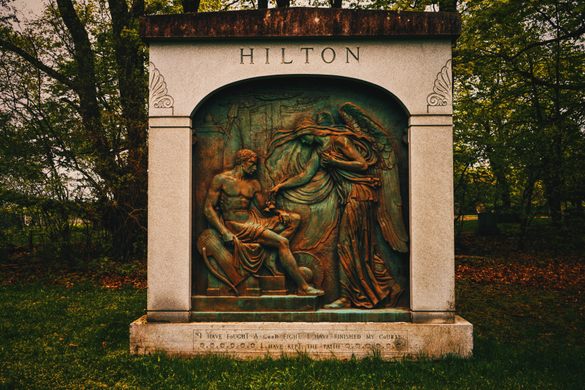
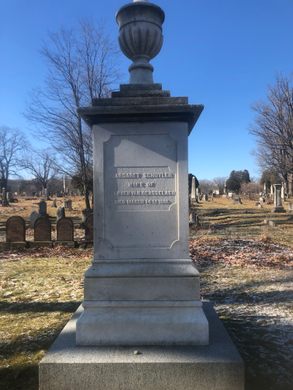
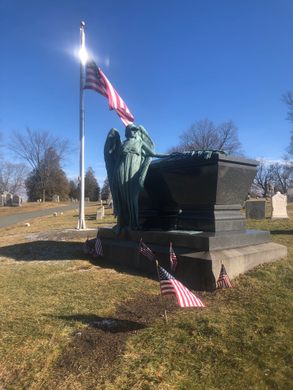
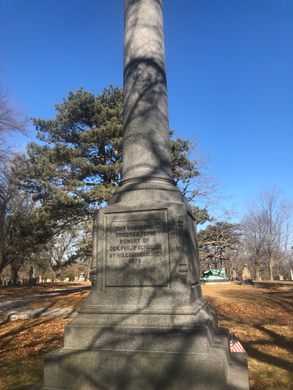





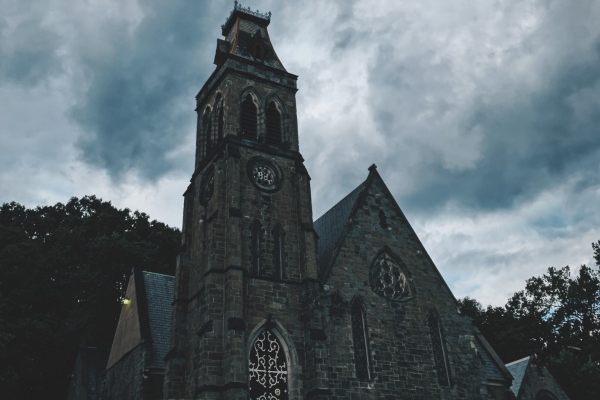

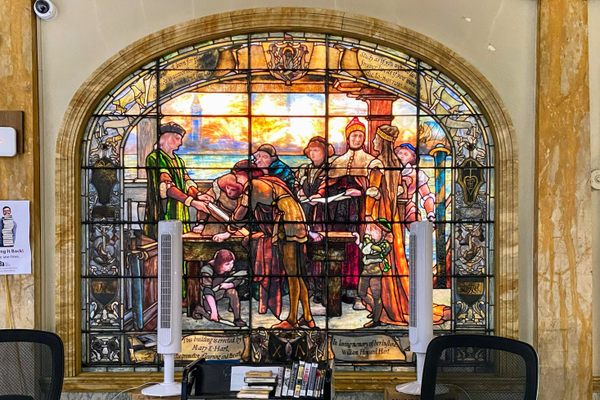
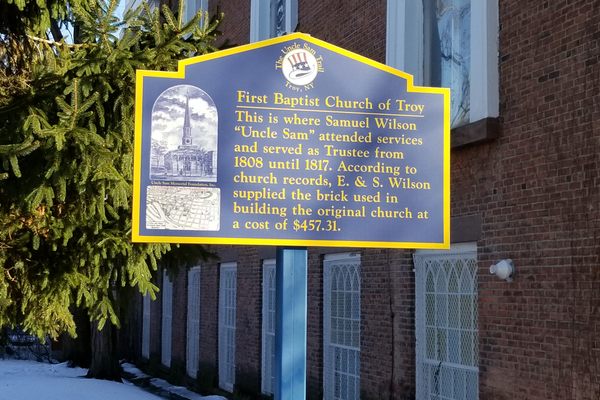


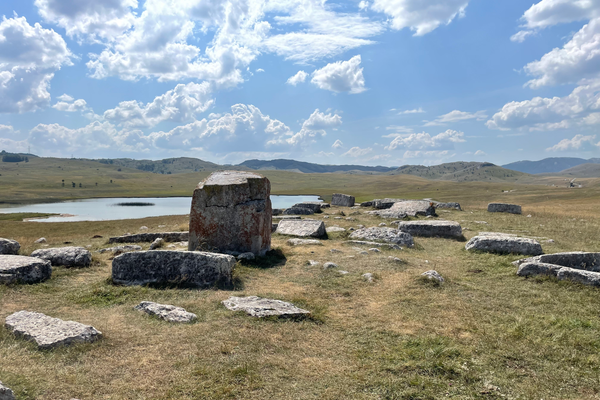


Follow us on Twitter to get the latest on the world's hidden wonders.
Like us on Facebook to get the latest on the world's hidden wonders.
Follow us on Twitter Like us on Facebook